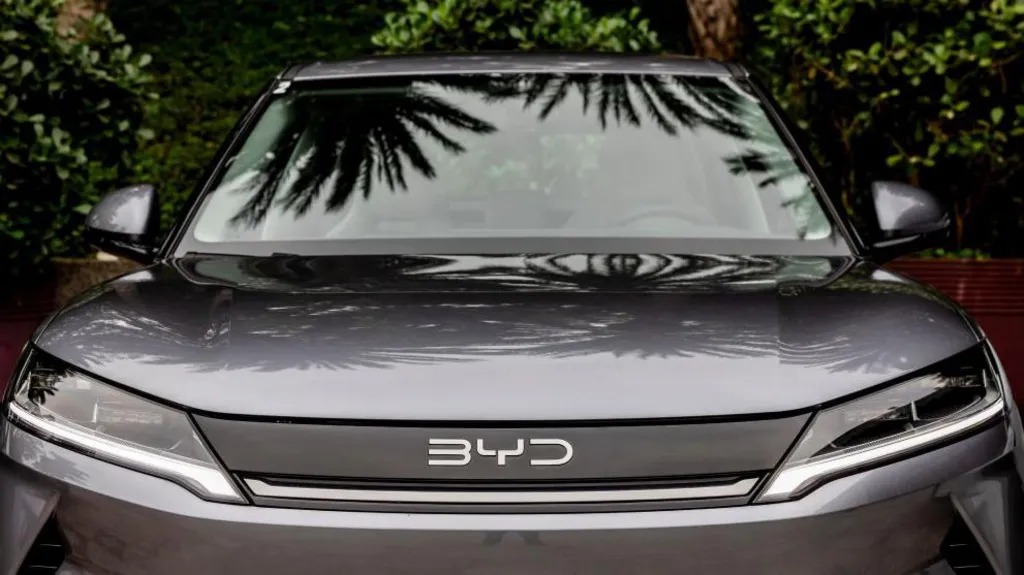
BYD Factory Construction Halted Over Worker Exploitation
Brazilian authorities have shut down the construction of a BYD electric vehicle (EV) factory in Bahia, citing conditions comparable to “slavery”. Over 160 workers were rescued from degrading environments, according to the Public Labour Prosecutor’s Office (MPT).
The workers, employed by subcontractor Jinjiang Construction Brazil, reportedly faced withheld passports and wages, along with substandard living conditions. BYD, a global EV giant, has since severed ties with the firm, emphasizing its commitment to Brazilian labor laws.
Alarming Conditions at Worker Lodgings
Investigations revealed workers were housed in facilities with:
- Beds without mattresses.
- Shared bathrooms—one for every 31 workers, forcing early wake-ups to prepare for work.
- Withheld salaries and debt bondage, meeting Brazilian legal definitions of slavery-like conditions.
The MPT described the situation as a violation of human dignity and forced labor. Rescued workers have since been relocated to hotels.
BYD’s Statement and Actions
BYD, short for Build Your Dreams, responded to the allegations by conducting a detailed review of subcontractor practices. The company stated it had repeatedly requested improvements from Jinjiang Construction Brazil before cutting ties.
In a statement, BYD emphasized its adherence to Brazilian legislation and pledged full cooperation with authorities.
BYD’s Expansion Plans in Brazil
The halted factory in Camaçari was poised to be BYD’s first EV manufacturing plant outside Asia, with operations slated to begin by March 2025. The project was part of a larger $484.2 million investment in Brazil, BYD’s largest overseas market.
BYD has a significant presence in Brazil, having opened a factory in São Paulo in 2015 to produce electric bus chassis. The company sold more EVs than Tesla in late 2023, solidifying its position as a global leader in the sector.
Global Backlash and Challenges for Chinese EV Makers
BYD’s success comes amid rising scrutiny of Chinese EV makers abroad:
- Government subsidies in China have fueled domestic EV sales, leading to accusations of unfair trade practices.
- Markets like the US and EU have imposed tariffs on Chinese-made EVs, with more expected under US president-elect Donald Trump’s administration.
These developments highlight the challenges faced by Chinese automakers as they expand into international markets.
The Road Ahead
The suspension of BYD’s factory in Brazil underscores the importance of ethical labor practices in global business operations. While BYD has distanced itself from the subcontractor responsible, the case raises questions about oversight and accountability in large-scale projects.
As the EV market continues to grow, ensuring compliance with labor laws and ethical standards will remain a priority for industry leaders.
External Link: Learn more about the BYD factory allegations at BBC News.
Internal Link: Explore global business ethics and EV trends at Kenkou Land.



